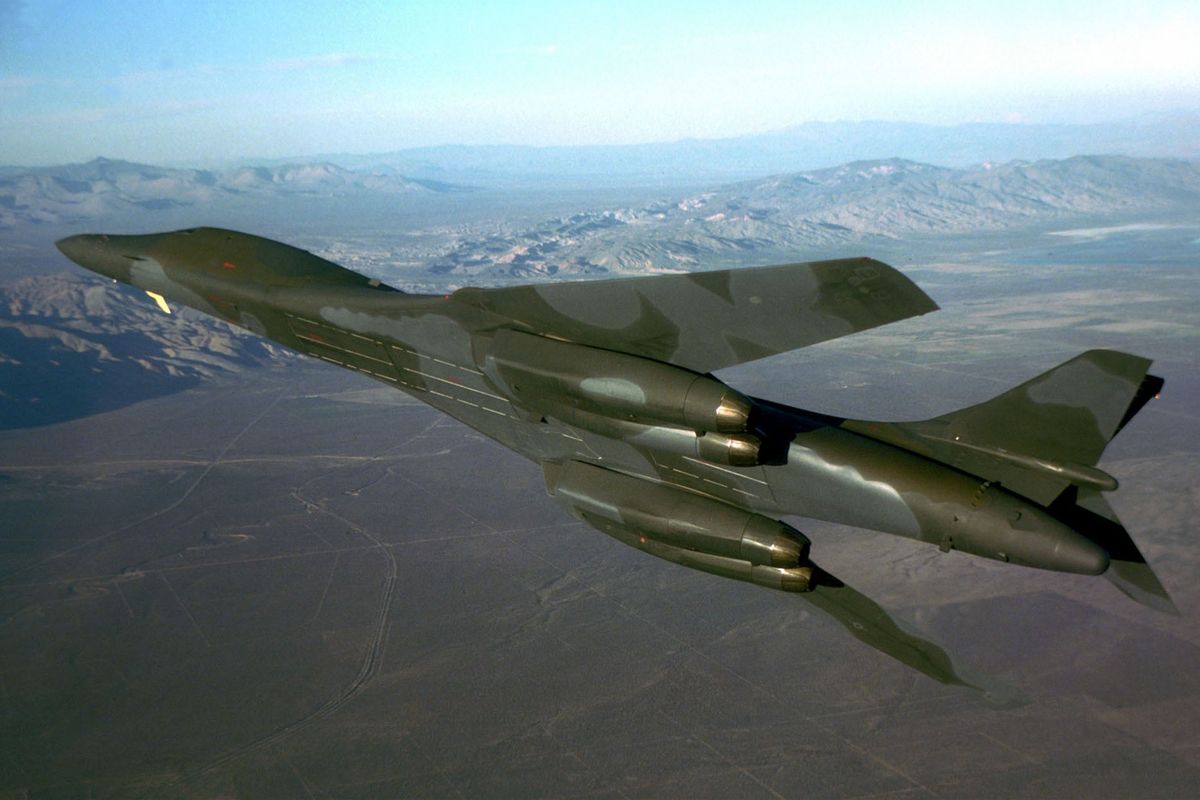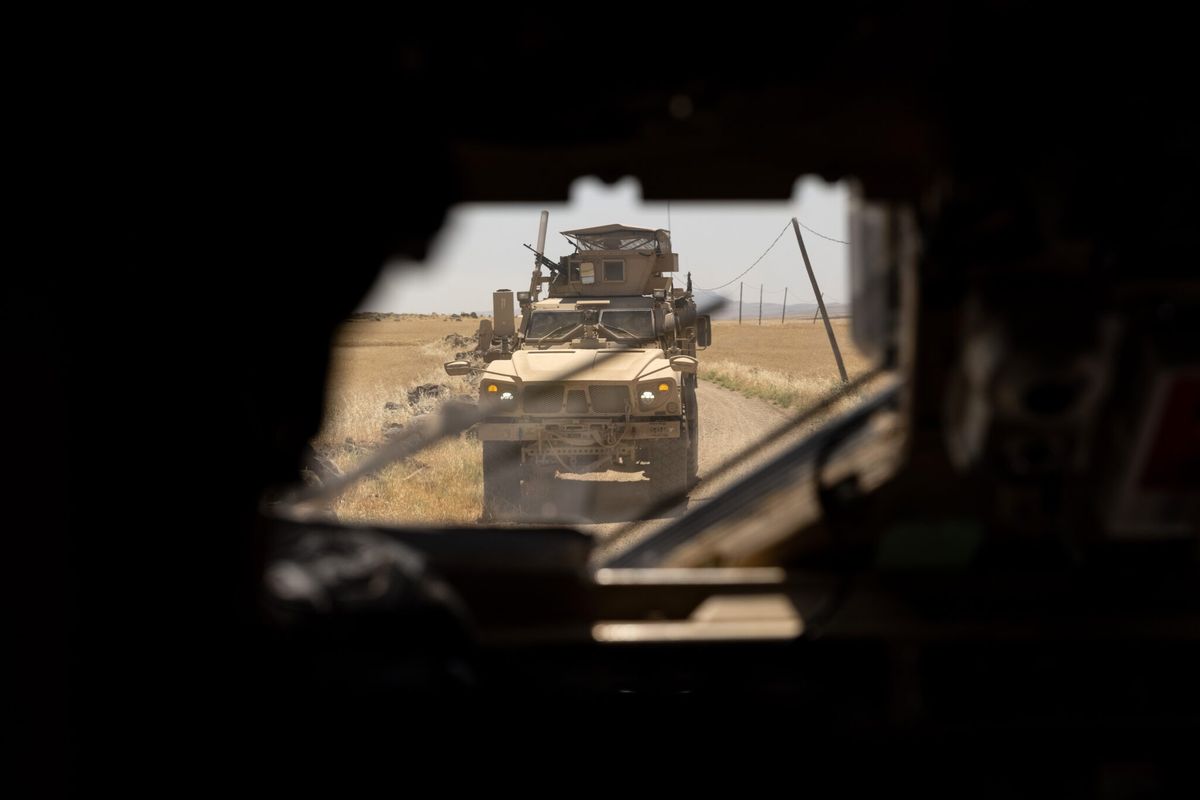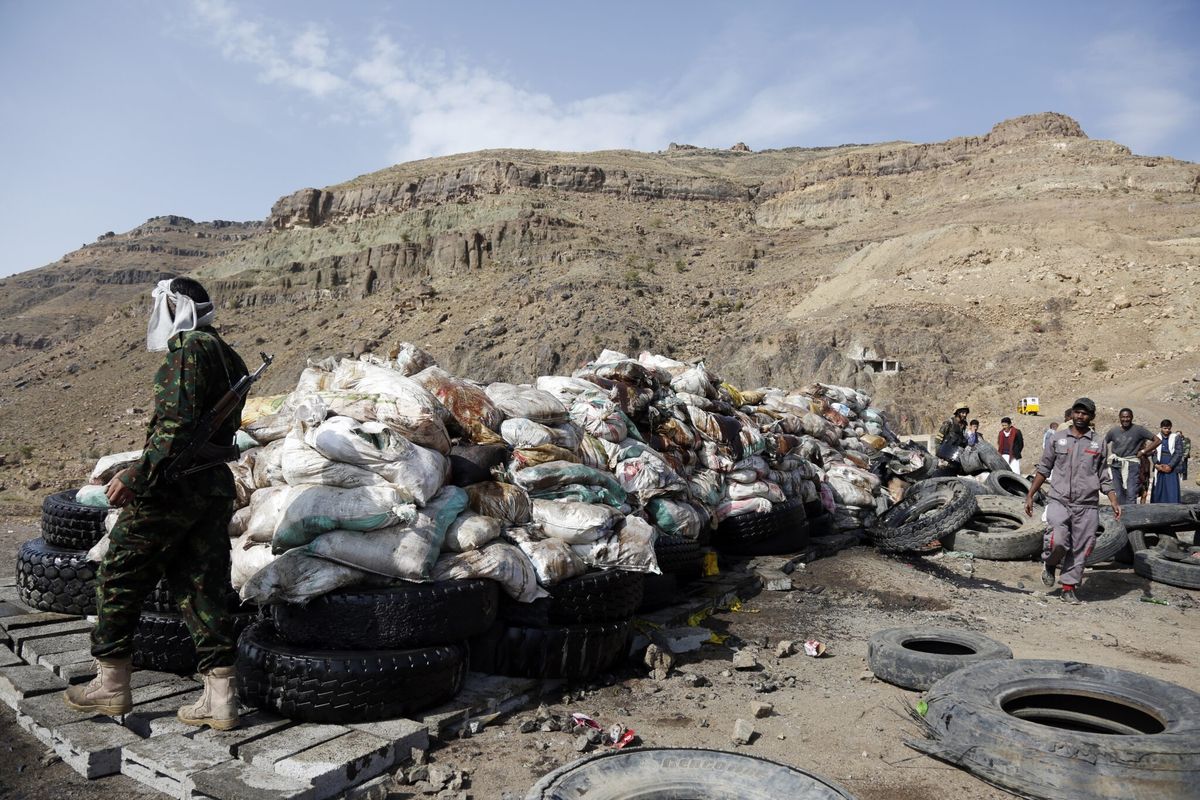SPECIAL TO THE CIPHER BRIEF — There is vast confusion, and much existential angst about the future of the Middle East region if the U.S. withdraws its military presence from Eastern Syria. What is missing from most available expert analysis of the Syrian conflict is historic context. It is a region where the major monotheistic religions were born and where often violent tribal, ethnic, and sectarian conflicts have prevailed for thousands of years.
To predict what will occur in the Syrian conflict we must first understand the dynamics of the region, including its history. How did it come to the present complex situation? Few of the expert analysis being offered provide this essential context.
Russia did not just parachute into Syria in 2015. Syria was part of the global system that sought to establish new, post-colonial WW2 independence, as manifest by the Pan Arab movements in Egypt (under Gamal Abdul Nasser) and Syria/Iraq (the parallel Baath parties that grew in Damascus and Baghdad). The Syrian army that fought against Israel in 1956, 1967 and 1973 was almost entirely armed and equipped by the Soviet Union. Remember? The U.S. supported and armed Israel. The Soviet Union armed and supported the Arabs.
The region has always been rife with groups who used mass violence to assume power or maintain control. Bashar Al Assad’s father, Hafez slaughtered between 10,000 and 20,000 of his citizens in the brutal 1983 siege of Hama. He had to squash a rebellion led by extremist Sunni Muslim Jihadis opposed to the Assad rule and the new, rapidly expanding Syrian Alawi/Shia alliance with Tehran.
The Iranian revolutionary Shi’a presence in the region began back in 1982, just a couple years after the Islamic revolution in Iran overthrew our ally and regional enforcer the Shah. Let’s remember history – Iran has been seeking regional hegemony for at least 4,000 years (remember who Alexander the Great conquered and who built the Trojan Horse – the Persians). Then it was an ethnic clash of Persians vs. Arabs. Now we have the added complication of sectarian Islamic identities.
As we have seen repeatedly over the last several decades, the U.S. holds a dominant military position in the region. But over and over, we have seen examples where we won the war but lost the post-war periods. We have been reluctant socio-economic nation builders, and largely failed at such efforts. We are not alone. Who believes that the World Bank, IMF, USAID, UN and the rest have actually made the difference they promised when it comes to global social and economic development.
Russia’s situation is even worse. The Russian economy is stagnant. They are failing to develop new technologies to compete in the future global economy (except for hackers, of course). Oil revenues are down and likely will remain low for structural reasons (natural gas and renewables). For Syria to be dependent on Russia and Iran for the vast reconstruction program it needs to restore itself to pre-conflict status, means certain failure. Unless the dynamic of power is dramatically transferred from Russia and Iran to the U.S. and the global development community, Syrian restoration is doomed. As poorly as the U.S. has performed in the past, relying on Russia for economic reconstruction is a dead end.
Russia cannot avoid the inevitable transfer of ISIS and Al Qaida animosity from the U.S. as the principal “Far Enemy” to more regional “Near Enemies” - Russia, Iran and Turkey. Let’s be clear: ISIS and Al Qaida are manifestations of theology. While their physical caliphate can be militarily defeated, the ideas, the ideology, and the deep personal commitments to religion are much harder to suppress, much less to eliminate. Russia and Iran are thus both extremely vulnerable to retaliation and have extensive Islamic conflicts internally (Chechnya and Sistan/Baluchistan).
One of the essential factors in the Syrian situation is the continuing occupation of Idlib City and Province by the extreme Islamist jihadi elements, regardless of the name they use at any point in time. Russia and Turkey are in direct conflict there. Restoring sovereignty over Idlib to the Assad regime is the only acceptable solution that restores the State and Syrian borders to the pre-2011 period. Same for the Eastern Syrian region now controlled by the Kurds and their U.S. military supporters. Ultimately, the Kurds will have to concede control both to the local (majority) Arab population and the Assad regime. No Kurdish independence effort has succeeded. The most recent one – the independence referendum in Kurdish Iraq – failed. The Kurds have only themselves to blame because of deep factional and tribal rivalries that have left them divided and thus, easily overcome.
Finally, there is the question of what the future holds for ISIS, Al Qaida, and the Sunni-Shia conflict. It is well known that a lack of authority, absent or weak rule of law, and failed institutions, have created a vacuum where extremists find safe haven. While the U.S. has defeated Islamist efforts to create a caliphate, whether in Syria, Iraq or Afghanistan, it is equally impossible to completely eliminate a theology whose ideas are based on deeply-rooted religious doctrine. These elements will revert to their earlier underground, covert existence. They will resume the kind of covert terrorist attacks they engaged before establishing their physical presence in Raqqa, Mosul and Idlib.
Considering the results of the U.S. military presence over the last 17 years in Afghanistan and 14 years in Iraq, one has little confidence that Russia, Turkey and Iran will succeed any more than the U.S. has. They are merely regional powers. They have much at stake in securing their borders and neighbors. They also carry vast historic socio-political baggage that cannot be ignored. The economic resources they can expend in Syria are limited.
The Middle East is a prime example of the old adage “be careful what you wish for – you may get it.” That is the unfortunate future for Russia in Syria. Russia is in way over its head. Putin lack the resources to succeed. Russia cannot disengage now, having concentrated thousands of the most extreme violent Jihadis in Idlib, whose only way out now is through Turkey.
This is also a harsh lesson for Turkey. Their conflicts with the Kurds will only get worse. They will have to battle the extreme global Islamist elements they have allowed into Syria and Iraq, but whose escape route now seems only to run back through Turkey.
There were never any good or easy solutions in Syria since the events of 2011 began. The decision to withdraw U.S. troops may, on the face of it, seem misguided. It certainly will be seen as the U.S. abandoning the Kurds in yet another classic betrayal and a U.S. retreat, handing authority over the region to Russia and Iran. But in the context of Middle East history, both ancient and recent, the U.S. is well advised to keep all events and situations in perspective. Russia would be well advised to take similar caution. Few if any of the predictable ways forward are to Russia’s benefit. Far from it.
Read also The Cipher Brief's Special Report on Syria: Will Syria Become a Path to the Next 9/11?














